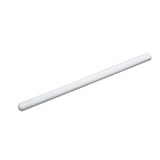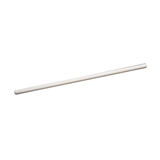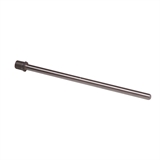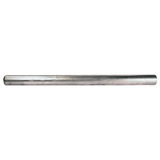
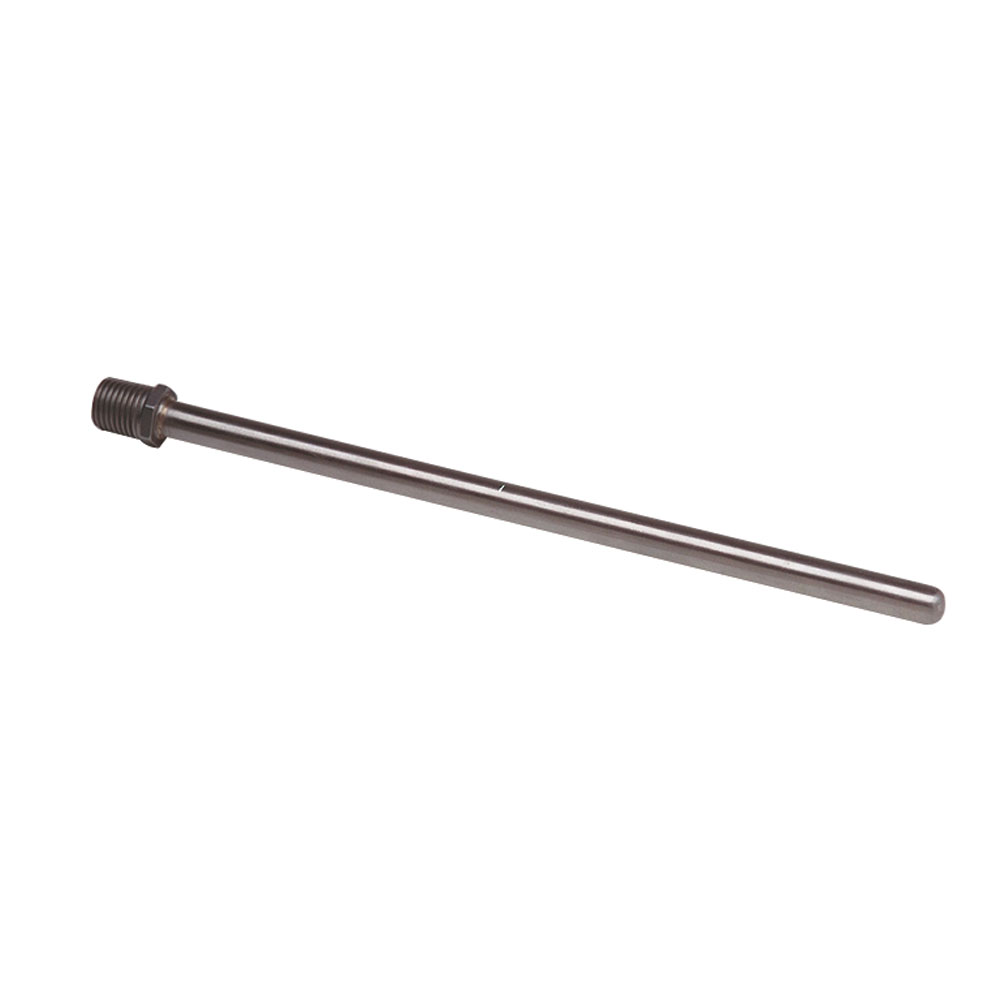
Excel Automation is an authorized Tempco distributor. Contact us for sales & technical support for Tempco heaters, Tempco sensors, Tempco temperature controllers, Tempco process heating systems & all other Tempco products.
Ceramic Protection Tubes
Alumina (99% Min. Purity) Protection Tubes
Ceramic Protection Tubes are used in applications where contamination from hostile environments or the cutting action of concentrated and direct flame impingement are factors. Such conditions usually require a noble metal thermocouple such as platinum and platinum alloys.
- Sags at 2900°F (1593°C)
- Prevents dry hydrogen penetration
Porcelain Protection Tubes
Ceramic Protection Tubes are used in applications where contamination from hostile environments or the cutting action of concentrated and direct flame impingement are factors. Such conditions usually require a noble metal thermocouple such as platinum and platinum alloys.
- Sags at 2550°F (1400°C)
- Prone to attack by halogen gases
- Some penetration of dryhydrogen
- Contains silica.
Metal Protection Tubes
304 Stainless Steel Protection Tubes
For longer life and continued accuracy, most thermocouples in industrial applications should be protected from physical damage, corrosion, and contamination by some type of protecting tube or well. Metal tubes selected to suit the temperature, pressure and atmosphere are generally used with base metal thermocouples.
- Embrittles in 800°F (427°C) to 1400°F (760°C) range.
316 Stainless Steel Protection Tubes
For longer life and continued accuracy, most thermocouples in industrial applications should be protected from physical damage, corrosion, and contamination by some type of protecting tube or well. Metal tubes selected to suit the temperature, pressure and atmosphere are generally used with base metal thermocouples.
- Greater corrosion resistance than 304 Stainless.
446 Stainless Steel Protection Tubes
For longer life and continued accuracy, most thermocouples in industrial applications should be protected from physical damage, corrosion, and contamination by some type of protecting tube or well. Metal tubes selected to suit the temperature, pressure and atmosphere are generally used with base metal thermocouples.
- Excellent resistance to corrosion and oxidation at hightemperatures.
- Do not use in carburizing atmospheres.
Black Steel Pipe per ASTM A120 Protection Tubes
For longer life and continued accuracy, most thermocouples in industrial applications should be protected from physical damage, corrosion, and contamination by some type of protecting tube or well. Metal tubes selected to suit the temperature, pressure and atmosphere are generally used with base metal thermocouples.
- Low Cost
Cast Iron Protection Tubes
For longer life and continued accuracy, most thermocouples in industrial applications should be protected from physical damage, corrosion, and contamination by some type of protecting tube or well. Metal tubes selected to suit the temperature, pressure and atmosphere are generally used with base metal thermocouples.
- Withstands sulphur and caustic solutions.
Inconel 601® Protection Tubes
For longer life and continued accuracy, most thermocouples in industrial applications should be protected from physical damage, corrosion, and contamination by some type of protecting tube or well. Metal tubes selected to suit the temperature, pressure and atmosphere are generally used with base metal thermocouples.
- Good resistance to corrosion at high temperatures
- Excellent resistance to oxidation at high temperatures.
- Do not use in carburizing atmospheres above 1000°F (538°C).

